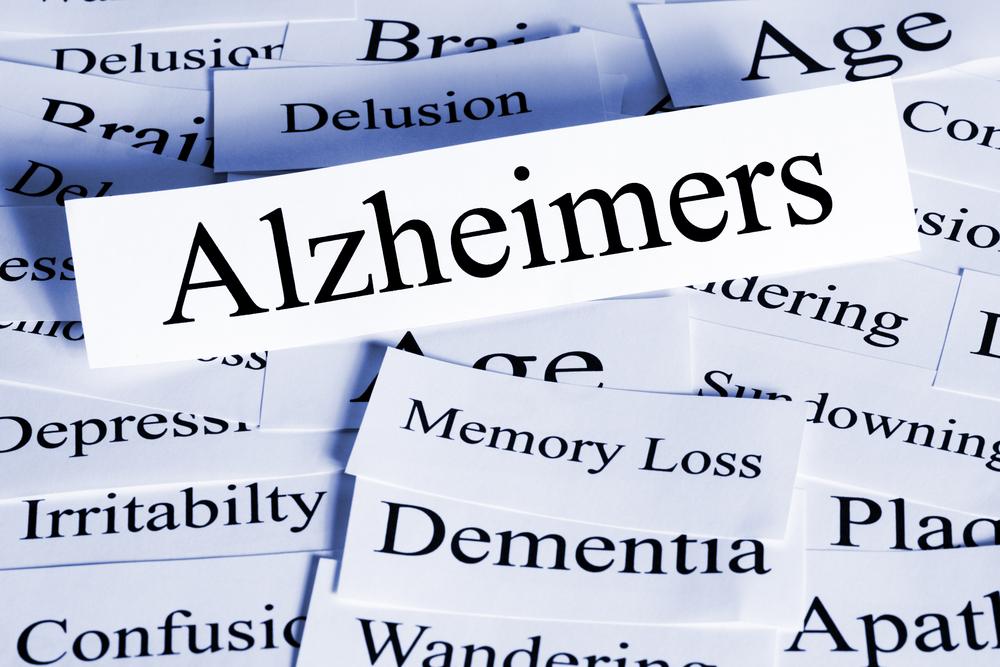
Warning Signs of Alzheimer’s Disease
Alzheimer’s is a progressive disease of the brain. Patients face cognitive decline that ultimately will take their ability to capture and form any memories at all. While they may eventually have recall of events from long ago, current events and very recent communications will not become permanent memories. In addition to losing the ability to form lasting memories, many who suffer from the disease suffer from poor judgment and slurred speech.
Early warning signs of Alzheimer’s disease include the following:
1. Memory loss
Many who suffer from this disease will cling to a thought or an idea that they can remember well and refer to it constantly in their conversations. As they struggle to connect with those around them, they revert to what they know. If you’re monitoring a loved one for early warning signs of Alzheimer’s disease, try to help them make other connections tied to the fixation.
2. Problem solving difficulties
There is a condition known as aphasia that refers to the inability to recall a word. Early Alzheimer’s symptoms can include aphasia. Sufferers may also struggle with recalling the purpose of objects. For example, they may know that a vessel with a handle is for coffee, but not be able to remember the word “cup”. Those in the early stages of Alzheimer’s may know they need to cook lunch, but try to do it in a plastic bowl instead of a metal pan. If your loved one is suffering from small injuries, note what tools they use in household chores.
3. Time and place mistakes
Missing appointments, skipping meals and radical changes in sleeping habits can be indicators of Alzheimer’s disease. If your loved one can no longer be trusted to get to the doctor on time or misses regular appointments such as church, they may need to be assessed.
4. Poor visual understanding
Many who are in the early stages of Alzheimer’s have a hard time driving. They may still be able to see street signs but struggle to process what they mean. More importantly, tools that provide directions out loud may actually cause more problems than they solve as those in the early stages of Alzheimer’s can’t multi-task. Driving, listening and accepting directions are too many steps. If your loved one gets lost while driving to a familiar appointment, you may need to take their keys. Additionally, those in the early stages of the disease may show poor judgement or be extremely irritable. Confusion and memory problems can lead to belligerence.
5. Speech issues
Slurred speech and difficulty swallowing are symptoms of Alzheimer’s. This is particularly risky because inefficient swallowing can lead to pneumonia. Make sure the sufferer has access to straws and that their teeth are healthy or their dentures fit well to minimize the risk of choking.
6. Misplacing personal items
While we all forget things, those showing the early warning signs of Alzheimer’s disease may be in a constant struggle to find beloved or important objects. Worse still, this loss of objects may cause concerns of theft and lead to a sort of paranoia. At the time the sufferer needs help, they won’t reach out due to fear.
There’s a difference between ordinary forgetfulness and a disease such as Alzheimer’s. If you know someone exhibiting signs of confusion, connect them with their physician for an assessment of their health and a review of their current medications. Not every bout of forgetfulness is an indicator of Alzheimer’s. A detailed physical can get you more information.


